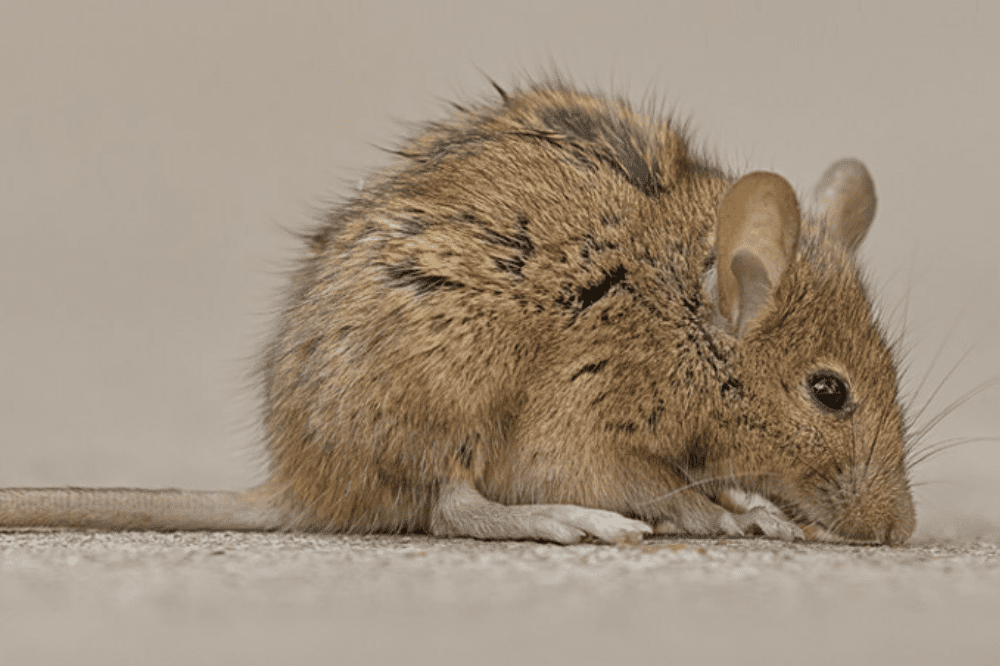Got mice?

Got mice? | Insurance Business America
Insurance News
Got mice?
A tiny rodent can cause very large problems if it decides to move into your vehicle, insurer says
Insurance News
By
Ryan Smith
A tiny rodent can cause very large problems if it decides to move into your vehicle, according to Erie Insurance.
A single mouse can cause thousands of dollars of damage to a vehicle in just a few days, the national insurer warned – and mice can carry nasty diseases as well.
If you suspect that a mouse has made its home in your car, the best response is to get it out as quickly as possible. Erie Insurance offers five signs that your vehicle may have become a mobile home for mice:
Car trouble: Some drivers don’t discover their car has a rodent problem until it won’t start or isn’t running properly, Erie said. This damage is often caused by mice chewing through wires in the engine compartment.
Damaged upholstery: When mice invade a car, they look for material to build a nest. Holes in your seats, missing insulation or chewed-up foam could indicate a rodent problem.
Mouse droppings: Perhaps unsurprisingly, the presence of animal waste in your car is a pretty solid clue that an animal has been there.
Unpleasant odors: Bad smells in your car may be due to a pest problem. Drivers often first notice these smells coming from a vehicle’s air vents, as mice can use the vent system to move between the car’s interior and the engine compartment, Erie said.
Mouse nest: If you find a mouse nest, it’s a pretty safe bet you’ve got mice. The first place to look is inside your car’s airbox, where the engine air filter is located, Erie said. Mice like this location because it’s warm and protected from the elements. You should also check under your car’s plastic engine cover, if it has one.
Read next: Erie Insurance recognized for commitment to employee wellbeing
If you find that mice have moved into your car, here are Erie’s tips for evicting them:
Turn up the heat: Mice don’t thrive in extreme temperatures. Roll up your car’s windows and part in the sun on a hot day or blast the heater for a few minutes. The extreme heat may drive the mouse out.
Honk the horn: Loud noise may frighten a mouse out of your car, Erie said.
Use mouse repellant: Most home improvement stores will stock several varieties of mouse repellant. Many people have also had success using cotton balls soaked in peppermint oil, Erie said.
Set mouse traps: Setting traps in or under your vehicle can help prevent mice from moving in.
Animal-related damage to vehicles is covered by the optional comprehensive coverage in Erie Insurance’s auto policy.
Have something to say about this story? Let us know in the comments below.
Related Stories
LATEST NEWS

Keep up with the latest news and events
Join our mailing list, it’s free!






